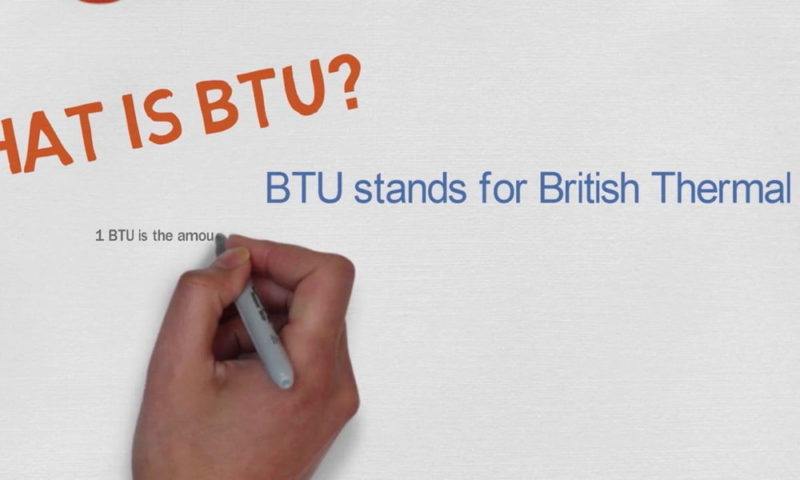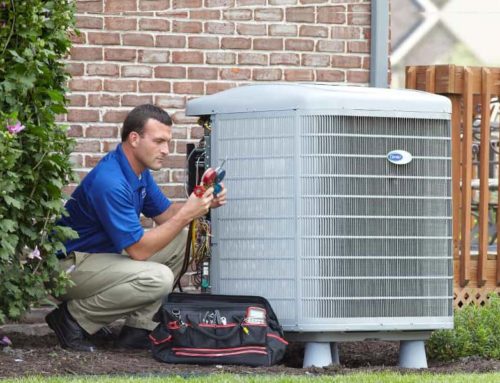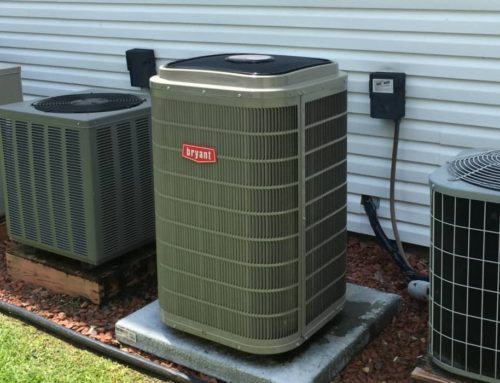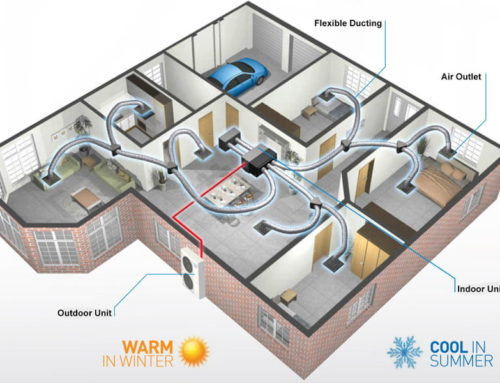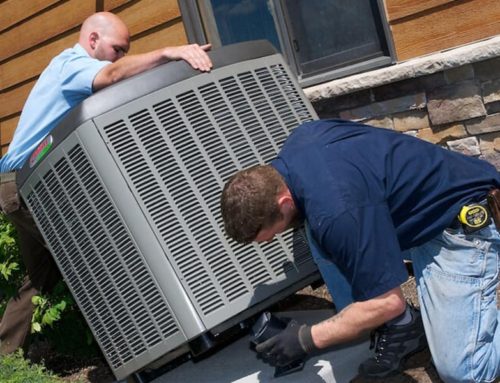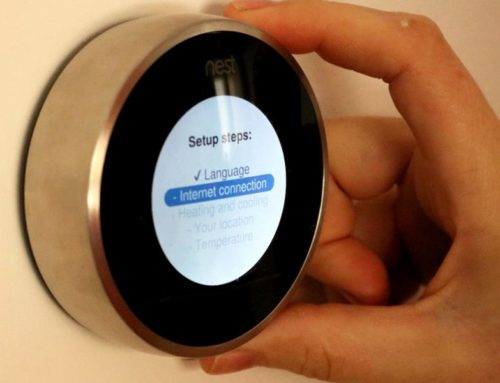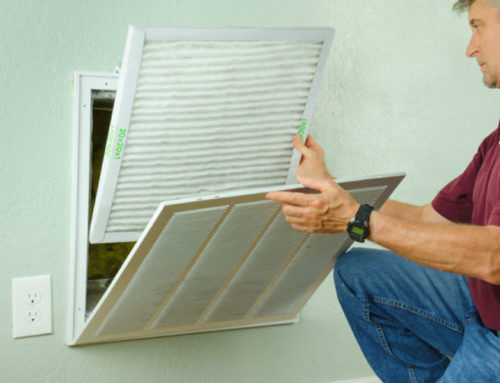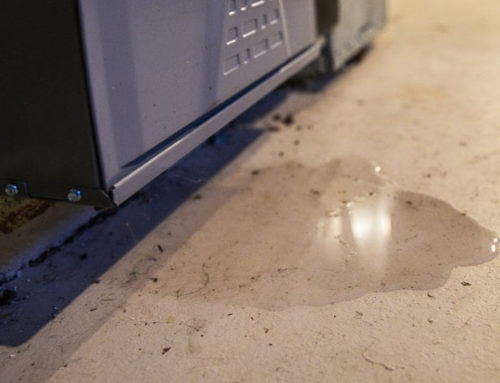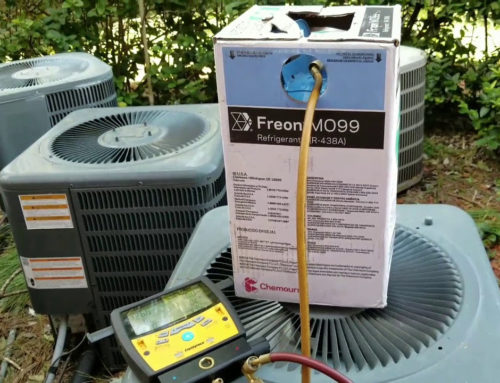British thermal unit (also called Btu/ BTU) is, by definition, a unit utilized for measurement of thermodynamic energy. Btu equals the exact quantity of «warmth» required to raise 1 pound of H20 1 degree F at sea level.
That unit of measurement is way more common in the United Kingdom, but is likewise utilized all over the globe and is frequently related to energy, power, A/C systems, and boilers.
Btu is the key thing that one has to take into consideration when shopping for HVAC equipment, so you’re very likely to see it highlighted on the unit specification of any HVAC equipment worth its salt.
Converting Btu
Refer to this helpful list of conversion if you’re having difficulties with Btu:
- 1 Btu equals 1055.06 joules
- 1 Btu equals 1.055 kilojoules
- 1 Btu equals 252.16 gram calories
- 1 Btu equals 0.25 kilocalories
- 1 Btu equals 0.29 watt hours
- 1 Btu equals 6.58 electronvolts
Keeping that in mind, we believe it’ll help you convert energy measurements in an easier way.
What’s Its Connection to HVAC Equipment?
Knowing your unit’s Btu measurements is incredibly vital. The unit’s Btu specifications are utilized to refer to the heat-producing capabilities. In other words, the bigger that number is, the more warm air your unit can put out. 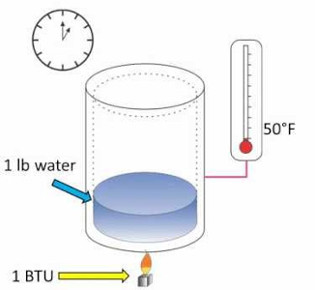 When used in regards to A/C units, this is utilized for something a tad different – the Btu count shows the volume of energy utilized to eliminate warmth from the air in any given space.
When used in regards to A/C units, this is utilized for something a tad different – the Btu count shows the volume of energy utilized to eliminate warmth from the air in any given space.
Interestingly enough, even the smallest HVAC units have big Btu numbers. On average, whole-house equipment ranges somewhere between 60k and 80k Btus. The bigger you living space is, the more Btus you’ll need.
It should be noted that Btu is one of the best ways of comparing the capabilities of HVAC units.
How Does One Pick the Suitable Btu Count?
Here’s a simple checklist that will help you figure out all the info you have to know in regards to Btu measurements. Let’s start off by listing things that typically influence the exact number of Btus you’ll need:
- Size of your household
- Type of insulation and windows
- Position of your household
- Ceiling height
Don’t you worry, it doesn’t take a math prodigy to figure out the exact quantity of Btu your unit is going to require – one simply has to be proficient when it comes to measuring the living space, counting windows and knowing what’s on either side of ceilings, floors, and walls. Here’s what you should do to figure out what’s the perfect quantity of Btus for your home:
- Figure out the square footage of the living space.
One is required to figure out the proportions of the living space they want to cool down (or heat up). One has to figure out the square meter area.
- Work out the amount of windows.
Interestingly enough, the amount of windows also influences the ultimate Btu figure which your room’ll require.
- Consider purchasing more than one HVAC unit.
Maybe it’ll take more than one unit to achieve a maximum level of comfort. The ultimate Btu number has to be divided by the number of units you plan on purchasing.
- Know everything there’s to know about floors and ceilings in the room.
It’s imperative to understand what’s upstairs and what’s underneath. For instance, solid floors preserve warmness in a different way when compared to a dirt floor.
- Know everything there’s to know about the walls.
Identical to the above – walls are able to sway the estimated Btu number in a significant way.
- Use an online Btu output calculator.
If you’re still unsure of what the number is, you could turn to one of the free Btu calculators available online. Keep in mind, you’ll still have to keep in mind all the abovementioned information to conjure up the exact right number.
Why It’s Important?
In case you’re in the market to obtain a new piece of HVAC equipment, working out the precise amount of Btus you’ll want is fundamental to you making the right choice.
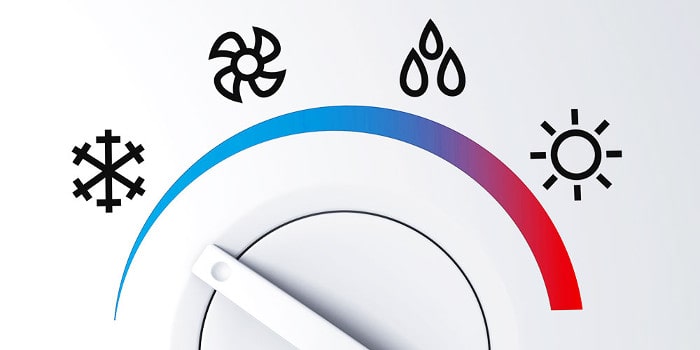
Pick too little Btus and еру living space won’t attain the necessary temperature and, therefore, you’ll suffer from it being chilly and unpleasant. Believe us, you don’t have to experience any of that!
Choose too many Btus and you might overspend. Too much heat (or too much cold, if you’re purchasing an A/C unit) is never a good thing. On top of overspending, you’ll be stuck with a piece of equipment which is too hot to operate in a proper manner.
In order for you to fully experience all the advantages of owning a functional piece of HVAC equipment, it’s vital that you pick the exact perfect unit, the one that possesses the suitable heat/cold-producing capabilities for the living space it has been chosen for.
Essentially, you don’t want to put a 36000 Btu heater in a small 150 ft2 apartment. The same goes for putting a tiny, sole panel heater in a breezy open-style living space.
Btu Recommendation
So, in conclusion, we are going to share something with you. These are some of the readymade recommendations we have:
Btu Amount Based on Living Space Measurements
| Living Space Measurements | | Btus Required |
|---|---|
| 1 150 ft2 | 5000 Btus |
| 2 250 ft2 | 6000 Btus |
| 3 300 ft2 | 7000 Btus |
| 4 350 ft2 | 8000 Btus |
| 5 400 ft2 | 9000 Btus |
| 6 450 ft2 | 10000 Btus |
| 7 550 ft2 | 12000 Btus |
| 8 700 ft2 | 14000 Btus |
| 9 1000 ft2 | 18000 Btus |
| 10 1200 ft2 | 21000 Btus |
| 11 1400 ft2 | 23000 Btus |
| 12 1600 ft2 | 25000 Btus |
| 13 1900 ft2 | 28000 Btus |
| 14 2700 ft2 | 36000 Btus |
In case you still have any further questions, we suggest contacting our qualified HVAC technicians at 714-786-8225. We’ll be more than happy to provide you with all the information regarding Btu. You can also schedule a same-day appointment for the installation of a newly-purchased HVAC unit, along with any other types of HVAC-related work.

